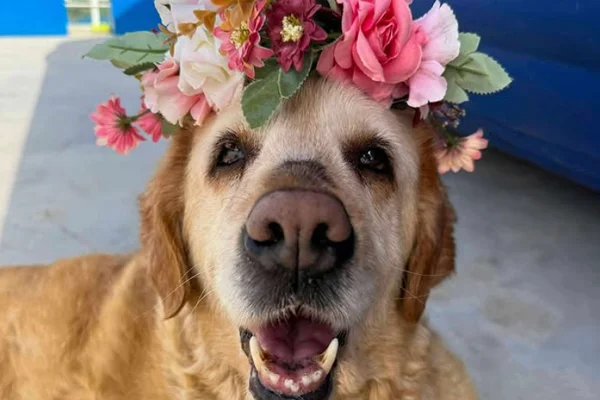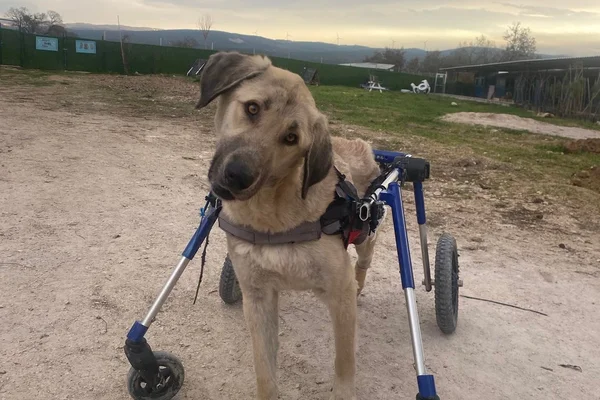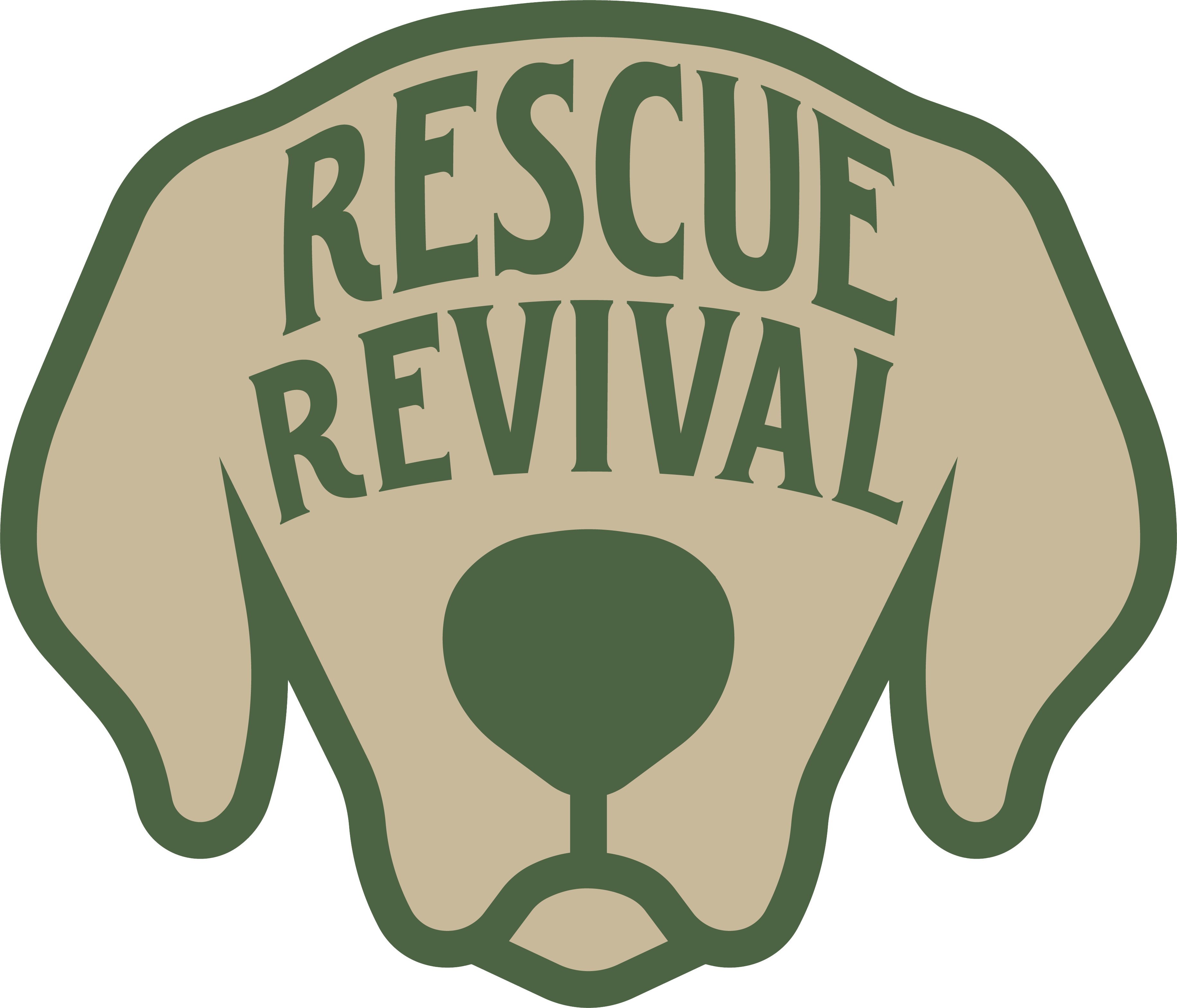Molly’s Legacy: How One Dog’s Story Is Shaping Animal Abuse Laws Across Florida
Author
Unknown Author
Date Published

Molly’s Legacy: How One Dog’s Story Is Shaping Animal Abuse Laws Across Florida
Ocala residents and elected officials spoke in favor of a state bill that would create an online database of people convicted on animal abuse charges in Florida. The bill, “Dexter’s Law,” was inspired by a similar ordinance passed in Marion County and is named after a dog that was tragically killed by his adopter.
Before the vote on Dexter’s Law, Marion County Commissioner Matthew McClain shared the impact of Molly’s Law, a local ordinance that laid the groundwork for the proposed statewide initiative. Passed in 2016, Molly’s Law was named after a brave American boxer mix who survived a horrific attack in Ocala in 2014. Molly was stabbed and beaten with a wooden bat by Steven Scott Fleming, but she went on to find a loving “furever” home with Lilly Baron, President of the SPCA of Ocala.
“Molly’s Law” is designed to keep animal abusers away from innocent animal victims. Not only does the ordinance notify the public and animal transfer entities of convicted abusers living in the county, it mandates that these entities check the registry before selling, adopting, or gifting animals. The law also carries enforcement provisions: registered offenders face fines or even incarceration if they are found to possess, control, harbor, live with, or work with animals during their registration period in Marion County.
Molly, a survivor and symbol of strength, was named the registry ambassador, representing all animal victims in the county. The online registry provides photos and identifying details about convicted abusers and is publicly available on the Marion County Animal Services website.
The ordinance was strengthened in October 2016 when the Board of County Commissioners unanimously approved amendments to the county’s Animal Control ordinance to establish the animal abuser registry. The registry officially launched on January 1, 2017, and includes individuals convicted of both misdemeanor and felony animal cruelty crimes within Marion County.
As Commissioner McClain put it: “Today, Molly’s Law stands as a model of what a community can do when it refuses to stay silent in the face of cruelty.”
Now, Molly’s story is helping to inspire Dexter’s Law, a proposed statewide database to make it easier for shelters and rescues to identify convicted animal abusers before placing animals in their care. The bill, named after a bulldog mix killed by his adopter in 2024, was approved by the Senate Committee on Criminal and Civil Justice.
Ocala resident Lilly Baron, who adopted Molly and has been advocating for the statewide version of the law for seven years, emphasized how helpful a centralized database would be. “We have to check all 11 counties to see if someone is on those animal abuse registries,” she said. “Having a statewide registry would make it easier for everyone in our industry.”
Senator Blaise Ingoglia voiced support for the bill, urging it to expand to include convictions from other states and give adoption agencies more authority to deny adoptions based on registry data. Carla Spina, another advocate, highlighted the broader impact of these laws, noting that animal abuse is often a precursor to human abuse—a link that Molly’s Law explicitly acknowledges.
By protecting animals like Molly, Marion County has set a new standard—one that could soon serve as a model for the entire state of Florida.
Related Posts



